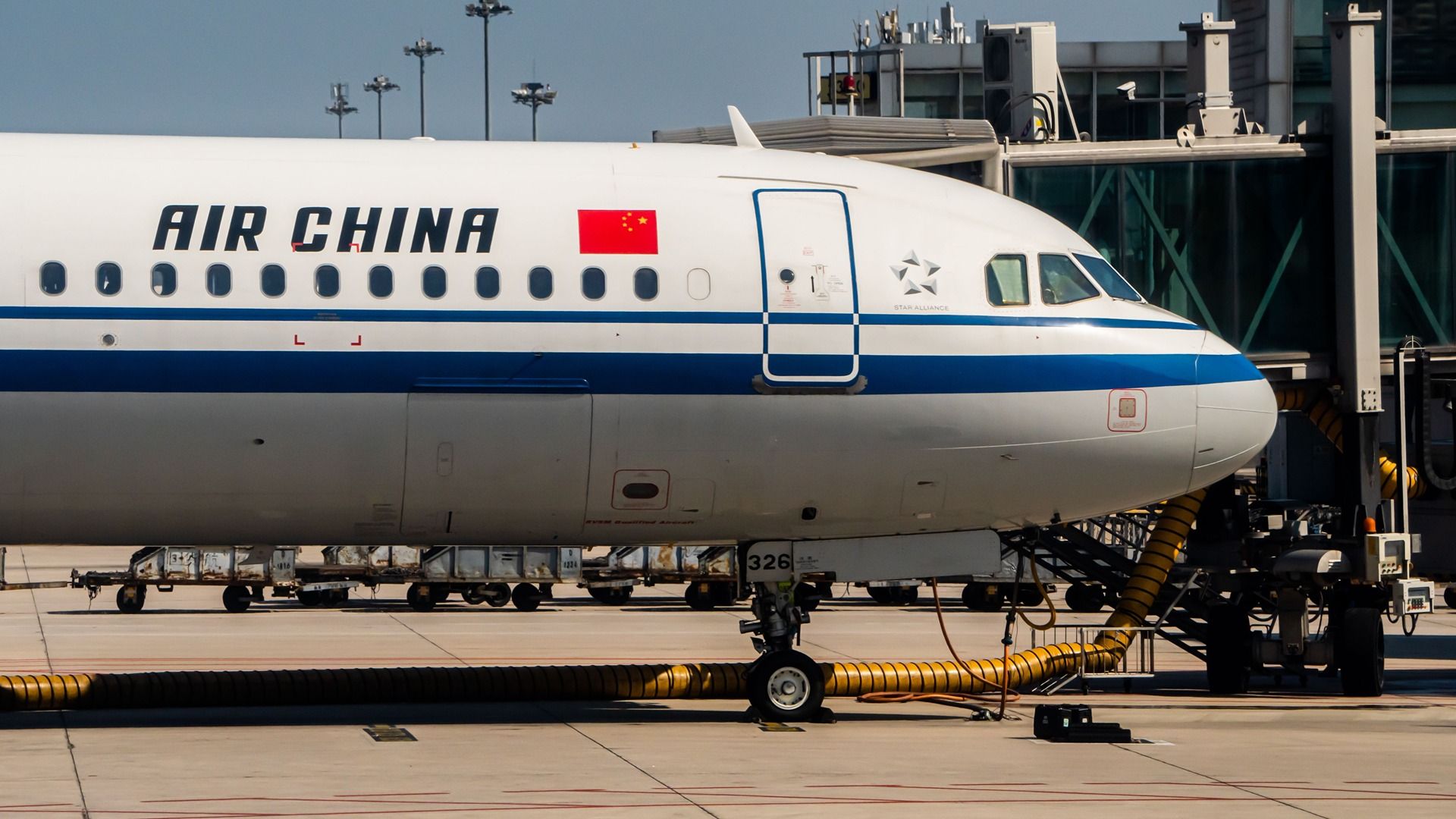World
Air China A321 Diverts to Shanghai After Lithium Battery Fire

An Air China Airbus A321-200 made an emergency landing at Shanghai Pudong International Airport on October 18, 2025, due to a lithium battery fire in the cabin. The flight, originally en route from Hangzhou Xiaoshan International Airport to Seoul Incheon International Airport, landed safely, with no injuries reported among the 185 passengers and crew on board.
The incident occurred approximately 20 minutes into the flight when a lithium battery inside a passenger’s carry-on luggage overheated and ignited. According to Air China, the cabin crew swiftly contained the fire, enabling the flight crew to divert the aircraft to the nearest airport. The plane landed safely around 40 minutes after takeoff.
In a statement posted on the Chinese social media platform Weibo, Air China confirmed the details of the incident: “On October 18, on flight CA139 from Hangzhou to Incheon, a lithium battery in a passenger’s carry-on luggage stored in the overhead compartment spontaneously ignited.”
Aircraft Remains Grounded
Following the emergency landing, the Airbus A321, registered as B-8583, remained grounded at Shanghai Pudong International Airport for approximately six hours. This narrowbody aircraft, which entered service 8.3 years ago, typically accommodates 185 passengers in a two-class layout, comprising 12 in business class and 173 in economy class. According to data from ch-aviation, the aircraft has logged over 20,500 flight hours and completed nearly 9,500 flight cycles.
Flight tracking data from Flightradar24.com indicates that Air China arranged an alternative flight for the affected passengers. The replacement aircraft, also an Airbus A321-200 (registered B-6883), successfully arrived at its destination, Seoul, at 17:34 local time, significantly later than the original scheduled arrival of 12:20.
Stricter Regulations on Lithium Batteries
The fire incident has amplified discussions regarding the safety of lithium batteries on commercial flights. Many airlines in the Asia-Pacific region have revised their policies to address the risks associated with these batteries. Following an earlier incident involving a fire on an Air Busan Airbus A321 at Gimhae International Airport earlier in 2025, South Korean authorities implemented stricter regulations. As of March 1, 2025, passengers are now required to carry power banks and e-cigarettes with them rather than stowing them in overhead compartments. Charging devices are prohibited onboard.
Airlines such as Thai Airways and AirAsia have also announced similar restrictions, with Thai Airways banning the use of power banks during flights effective March 15, 2025. Singapore Airlines has joined the effort by prohibiting the use of onboard USB ports for charging power banks starting April 1, 2025.
As the aviation industry grapples with the implications of lithium battery safety, the Air China incident serves as a reminder of the ongoing need for vigilance and proactive measures in passenger safety protocols.
-

 Business5 months ago
Business5 months agoKenvue Dismisses CEO Thibaut Mongon as Strategic Review Advances
-

 Lifestyle4 months ago
Lifestyle4 months agoHumanism Camp Engages 250 Youths in Summer Fest 2025
-

 Sports4 months ago
Sports4 months agoDe Minaur Triumphs at Washington Open After Thrilling Comeback
-

 Sports5 months ago
Sports5 months agoTupou and Daugunu Join First Nations Squad for Lions Clash
-

 Top Stories5 months ago
Top Stories5 months agoColombian Senator Miguel Uribe Shows Signs of Recovery After Attack
-

 World5 months ago
World5 months agoASEAN Gears Up for Historic Joint Meeting of Foreign and Economic Ministers
-

 Health4 months ago
Health4 months agoNew Study Challenges Assumptions About Aging and Inflammation
-

 Business5 months ago
Business5 months agoOil Prices Surge Following New EU Sanctions on Russia
-

 Entertainment4 months ago
Entertainment4 months agoDetaşe-Sabah Violin Ensemble Captivates at Gabala Music Festival
-

 Entertainment4 months ago
Entertainment4 months agoBaku Metro Extends Hours for Justin Timberlake Concert
-

 Top Stories5 months ago
Top Stories5 months agoRethinking Singapore’s F&B Regulations Amid Business Closures
-

 Business5 months ago
Business5 months agoU.S. House Approves Stablecoin Bill, Sends to Trump for Signature









